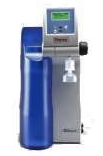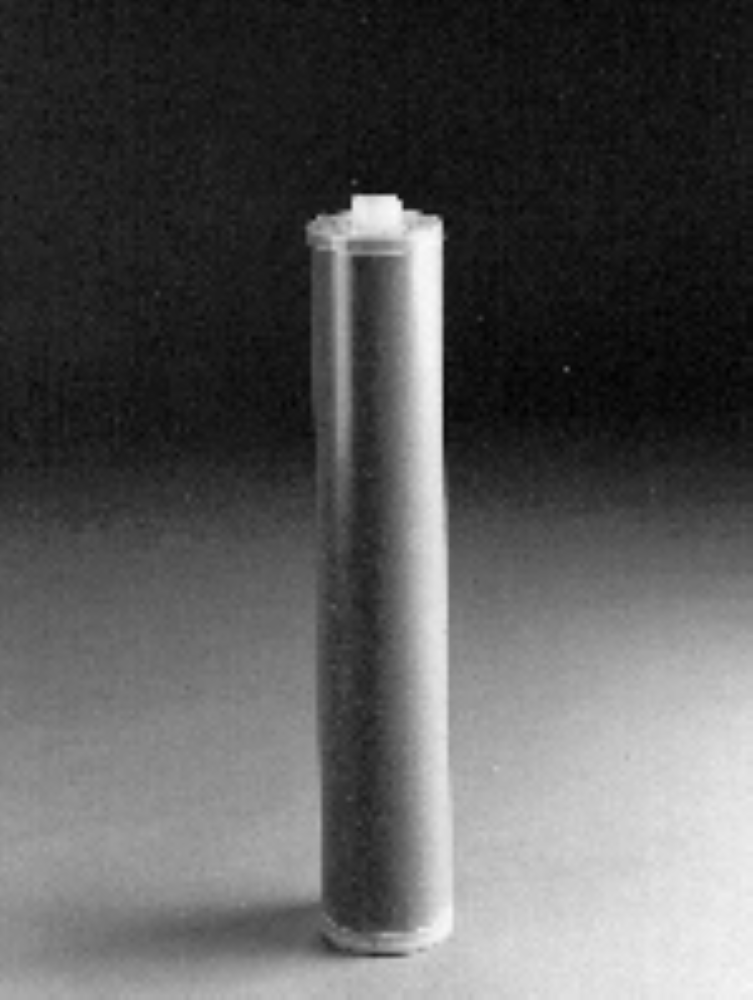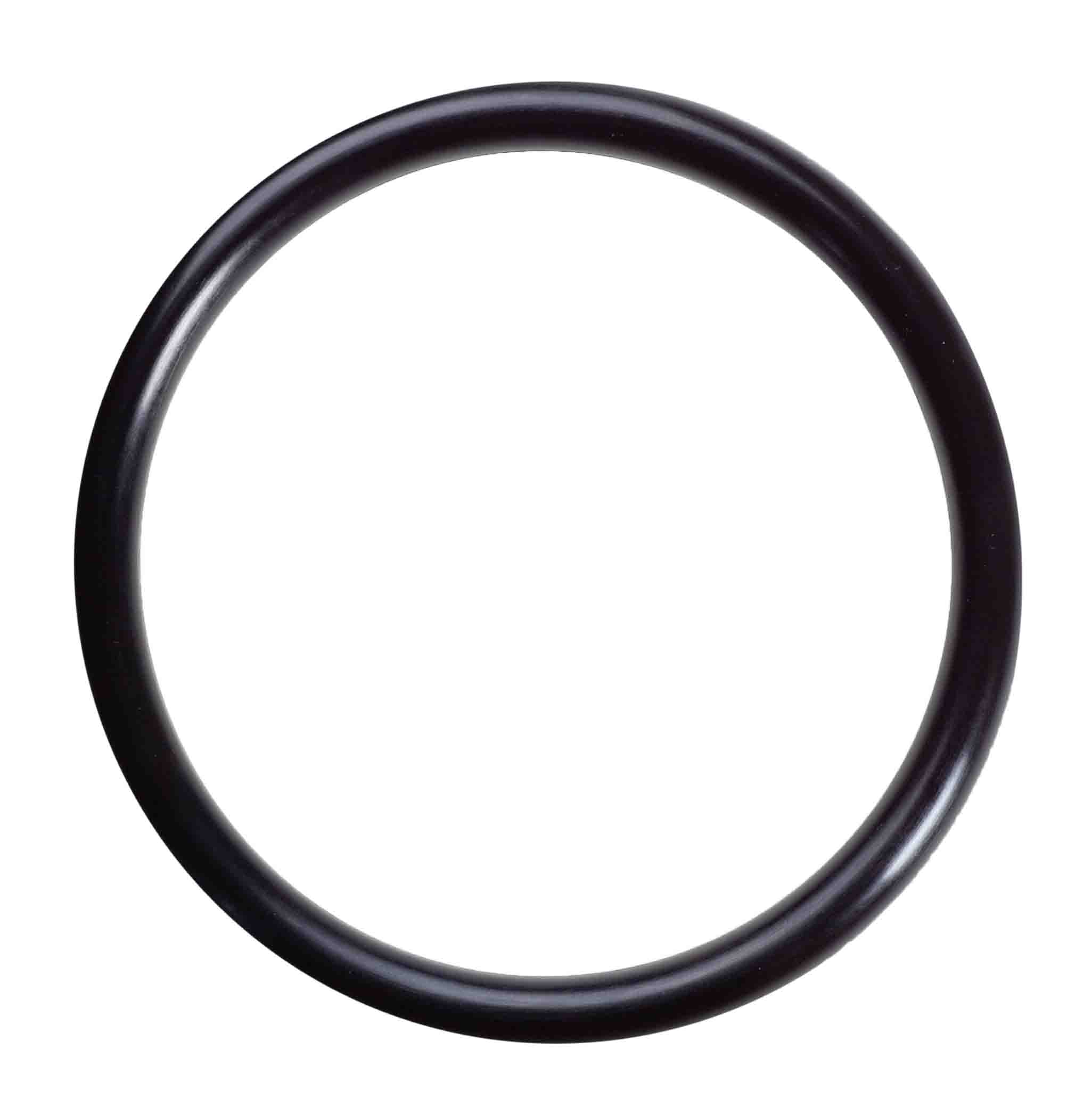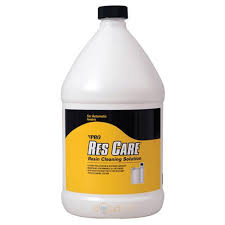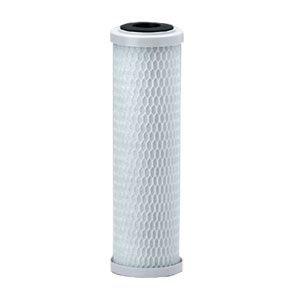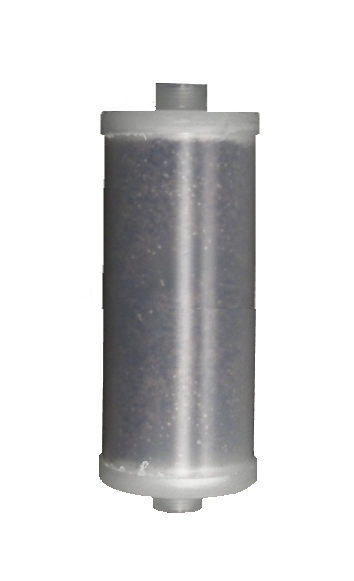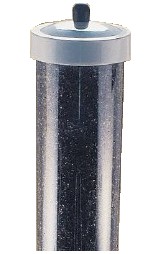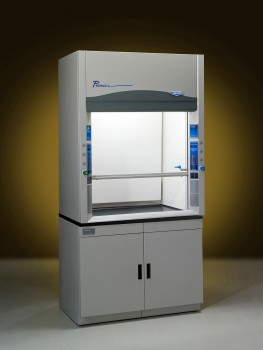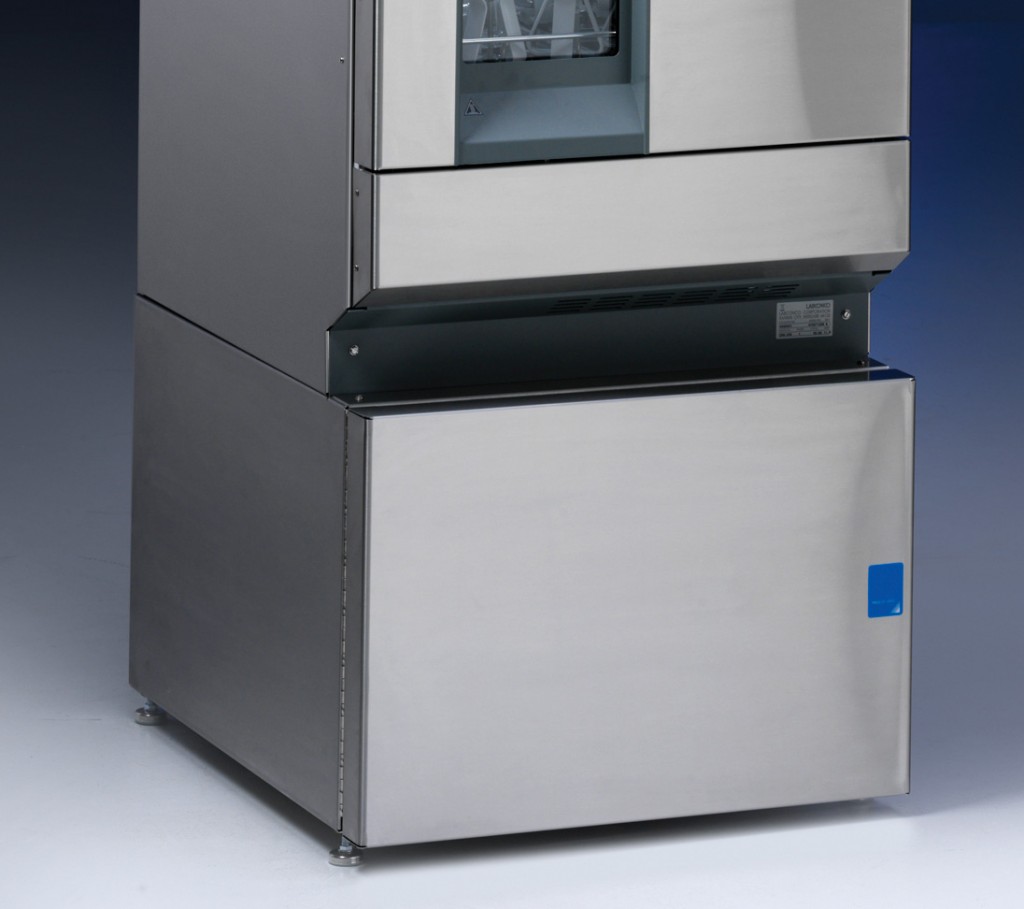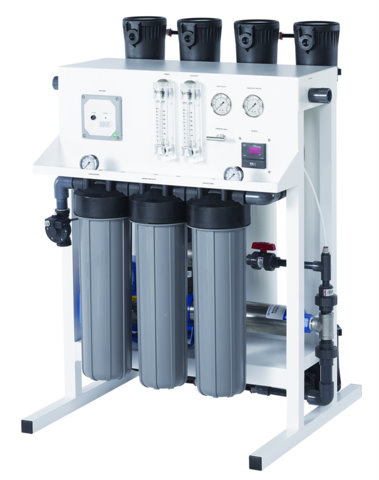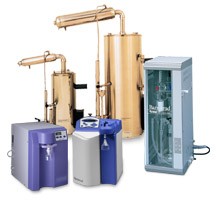 |
Need a New Laboratory Water System?
We have many to choose from. We can save you thousands on
Complete Systems and replacement filters for most brands. |
Recreational Water Associated Illnesses
Swimming, an active and healthy way to spend leisure time, is one of the most popular activities in the country. An estimated 7.4 million swimming pools and five million hot tubs are in residential or public use in the United States.
Every year, over 360 million visits to recreational water venues such as swimming pools, spas, lakes, and the ocean occur, making swimming the second most popular activity in the country and the most popular activity for children. However, this magnitude of recreational water use also is associated with public health consequences.
Recreational water illnesses (RWIs) are illnesses that are spread by swallowing, breathing, or having contact with contaminated water from swimming pools, spas, lakes, rivers, or the ocean. RWIs can cause a wide variety of symptoms including intestinal, skin, ear, eye, respiratory, and neurologic infections. The most commonly reported RWI is diarrhea caused by parasites such as such as Cryptosporidium and Giardia, bacteria such as Shigella, and E. coli O157:H7, and viruses such as norovirus. Children, pregnant women, and people with compromised immune systems can suffer from more severe illness if infected with these germs. Cryptosporidium can be life threatening in persons with weakened immune systems.
A steady increase in reported diarrheal RWI outbreaks, the most commonly reported RWI, from 1984 to 2002 has sickened almost 19,000 people. This reporting, thought to be the “tip of the iceberg”, suggests that population-wide spread of illness through aquatics venues occurs routinely during the swimming season. Poor pool maintenance, the emergence of chlorine-resistant germs, and pool staff and swimmers that are ill-informed about RWIs is a challenge for the public health community and increases the complexity of any plan to prevent the spread of RWIs. As a result, a multi-faceted approach to prevention that targets all of these barriers is essential for decreasing the spread of RWIs.
CDC’s Healthy Swimming Program was created to reduce the spread of RWIs. This is accomplished by working with partners to develop data-based prevention recommendations for delivery through targeted health communication materials. Working in partnership with public health professionals, healthcare providers, and the aquatics sector, the Program:
Detects and assesses recreational water-related health issues Develops audience-specific RWI prevention materials for health professionals, pool operators, and the general public Develops improved approaches for pool operation and inspections, Improves understanding of the microbial challenges posed by recreational water use,
Develops and evaluates remediation methods for achieving optimal water quality.
The Healthy Swimming Program is a multi-disciplinary, multi-center effort that focuses on several areas related to recreational water use. With an emphasis on disinfected pools, Healthy Swimming projects cover surveillance, outbreak and emergency response, epidemiologic and laboratory research, environmental health, and health communication.
http://www.cdc.gov/ncidod/dpd/recreational_water.htm
|
Images are representative of the products. Images may or may not be of the actual product. If it is important e-mail us for an actual image if available.
* Flat Rate UPS shipping when able to ship via UPS and is in the USA excluding Hawaii and Alaska.
Larger Items may not be able to ship via UPS, in that case freight charges will be quoted seperately.
International shipping will be quoted after the order is placed. You will have the opportunity to cancel before we finalize your order.
Terms and conditions
Credit Application
Privacy
Policy
List All Products
|




